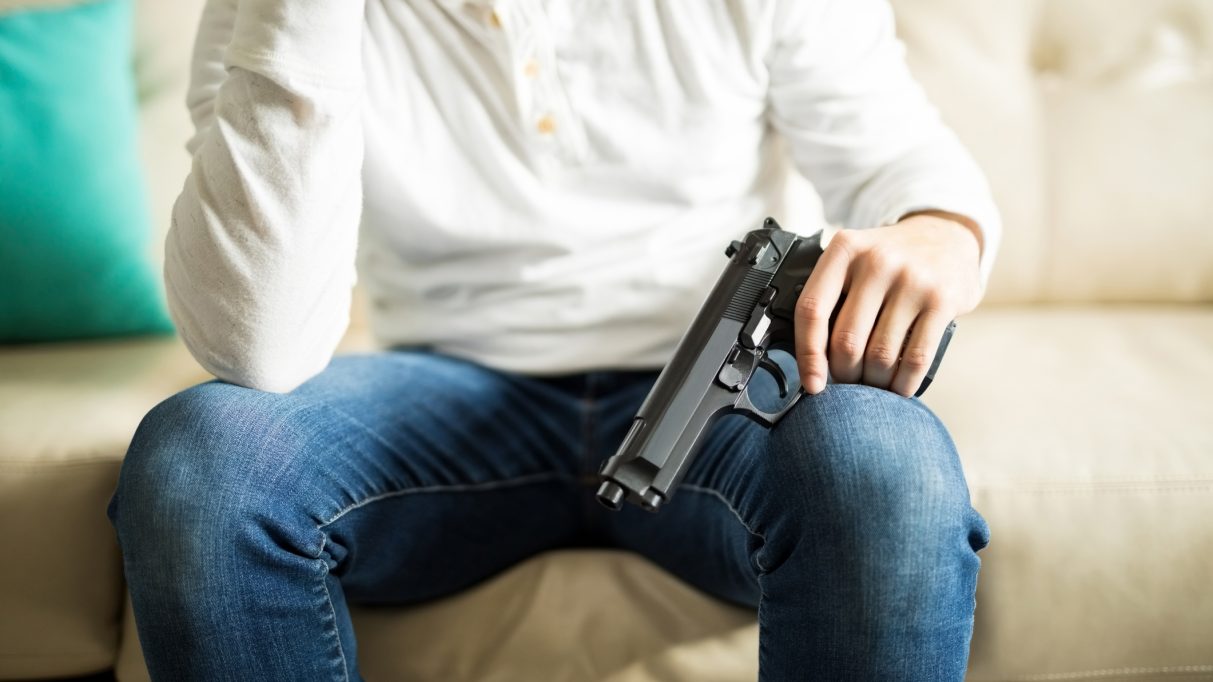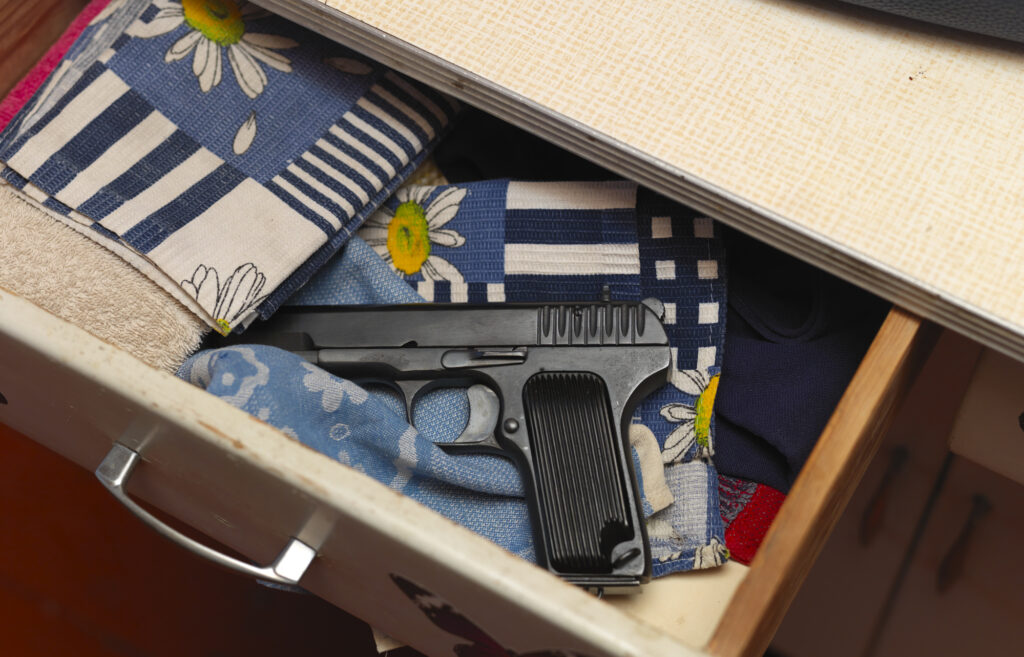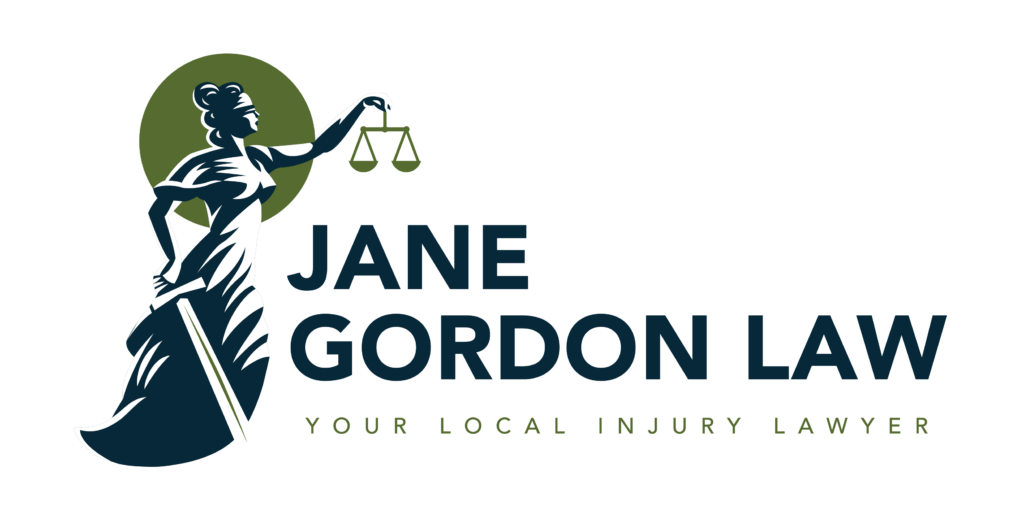
Legal Options After an Accidental Shooting in Idaho
Accidental discharge of a firearm can leave victims and families reeling — emotionally, physically, and financially. Whether it happens during a hunting trip, at a shooting range, or in someone’s home, the aftermath often brings more questions than answers. Who is responsible? What legal recourse do you have? And how do you move forward?
In Idaho, where firearms are a part of everyday life for many, understanding your legal options is critical when something goes wrong. Let’s break down what you need to know if you or a loved one has been hurt in an accidental shooting.
What Are Accidental Shootings?
An “accidental shooting” typically refers to an accidental discharge of a firearm that results in injury or death. While the word accidental suggests a lack of intent, it doesn’t mean no one is at fault — or that the injured party is without legal options.
Under Idaho law, even when a shooting wasn’t meant to happen, a person can still be held responsible if their actions were negligent, reckless, or violated basic safety standards. And in many cases, victims may be able to seek financial compensation through a civil claim.
Civil vs. Criminal Liability for Accidental Shootings
Not all accidental shootings result in criminal charges, but they may still give rise to a civil case.
- Criminal liability involves charges brought by the state, such as reckless endangerment or involuntary manslaughter. These cases focus on punishment for breaking the law.
- Civil liability is different. It gives victims the opportunity to pursue compensation from the person or party responsible. In these cases, you don’t have to prove that someone broke the law — only that their carelessness or failure to act caused harm.
Even if no criminal charges are filed, you may still have a strong civil case — and that’s often where real accountability and recovery happen.
Common Scenarios of Accidental Shootings
Every case is unique, but certain types of accidental shootings come up more often:
- Hunting accidents – A misfire, mistaken identity, or poor visibility can turn a hunting trip tragic.
- Unsafe storage at home – When guns are left loaded or accessible to children or visitors, unintentional shootings can occur.
- Shooting range incidents – Mishandling of firearms or lack of supervision can result in injury.
- Defective firearms – In some cases, a manufacturer may be at fault if a weapon malfunctions.
Understanding the context of your case helps determine who may be legally responsible.
Idaho’s Statute of Limitations
In Idaho, you generally have two years from the date of the injury to file a personal injury claim. This deadline — called the statute of limitations — is strict. Waiting too long can mean losing your right to pursue compensation altogether.
That’s why it’s important to speak with a personal injury attorney as soon as possible. Early action helps preserve evidence, build your case, and ensure you’re not caught off guard by legal deadlines.

Proving Liability After the Accidental Discharge of a Firearm
To recover compensation after an accidental shooting, you’ll need to show that another person or party’s negligence played a role. That doesn’t mean the shooter acted with malice — but it does mean they failed to act with reasonable care.
Here’s what goes into proving negligence:
- Duty of care – The shooter had a responsibility to handle or store the firearm safely. This duty may also extend to homeowners, parents, property owners, or firearm instructors, not just the person holding the weapon.
- Breach of duty – That duty was broken. Maybe they left a loaded gun unsecured, failed to follow hunting safety rules, or acted carelessly at a shooting range.
- Causation – The breach directly caused the injury. In other words, if the gun had been handled properly, the injury wouldn’t have occurred.
- Damages – You suffered physical, emotional, or financial harm as a result of the shooting.
Proving these elements requires solid evidence, such as:
- Police reports and incident documentation
- Medical records linking your injuries to the incident
- Eyewitness statements
- Photographs or video footage
- Firearms expert analysis
- Proof of inadequate gun storage or safety measures
Establishing negligence can be challenging, especially when the facts are unclear or the responsible party denies wrongdoing. That’s where having a skilled attorney becomes essential to avoid common mistakes in personal injury cases.
Compensation for Accidental Shootings
After an accidental shooting, the financial and emotional toll can be staggering. A civil claim can help cover damages, including both economic and non-economic.
Economic Damages
- Medical expenses – Hospital stays, surgery, physical therapy, medications, and any long-term care you may need.
- Future medical costs – Ongoing treatments, assistive devices, or home health support.
- Lost income – Wages lost while recovering, plus any future lost earnings if your ability to work is affected.
- Funeral and burial expenses – In wrongful death cases.
Non-Economic Damages
- Pain and suffering – Pain and suffering includes the physical pain and discomfort caused by your injuries.
- Emotional distress – Trauma, anxiety, PTSD, or other psychological effects.
- Loss of enjoyment of life – If your injuries prevent you from doing the things you love.
- Loss of companionship – For surviving family members in a fatal shooting case.
Every situation is unique, and an attorney can help calculate a fair value for compensation based on your specific circumstances. Insurance companies may offer lowball settlements that don’t reflect your long-term needs — which is why it’s important to understand what you’re truly entitled to.
How an Experienced Personal Injury Lawyer Can Help
If you’ve been injured in an accidental shooting in Idaho, you may be overwhelmed — juggling recovery, financial stress, and a complicated legal process. An experienced personal injury attorney can take that burden off your shoulders and make sure your case is handled with care.
Here’s how a personal injury attorney can help with an accidental shooting case:
- Investigate the incident thoroughly – Gathering evidence, talking to witnesses, analyzing reports, and consulting with firearms or safety experts.
- Identify liable parties – It’s not always just the shooter. A gun owner, parent, landlord, instructor, or even a gun manufacturer may share liability depending on the case.
- Communicate with insurance companies – Insurance companies often try to minimize payouts. Your personal injury attorney negotiates on your behalf to secure the full value of your claim.
- Handle the legal process – From filing paperwork and meeting deadlines to representing you in court if needed.
- Protect your rights – Especially in situations where the shooter is a friend, family member, or authority figure. A personal injury attorney ensures your voice is heard and your recovery comes first.
Here for Your Idaho Accidental Shooting Case
Accidental shootings are traumatic, but you don’t have to navigate the aftermath alone. Whether you’re facing medical bills, lost wages, or the heartbreaking loss of a loved one, legal support can make all the difference in your recovery.
As your local Boise personal injury lawyer, I understand that these cases are deeply personal. I provide compassionate, strategic legal guidance — with your healing and long-term security as my top priorities.
If you or someone you care about has been affected by an accidental shooting in Idaho, reach out to me today for a free case review. I’m here to help you understand your options, take this burden off your plate, and fight for the justice you deserve.

